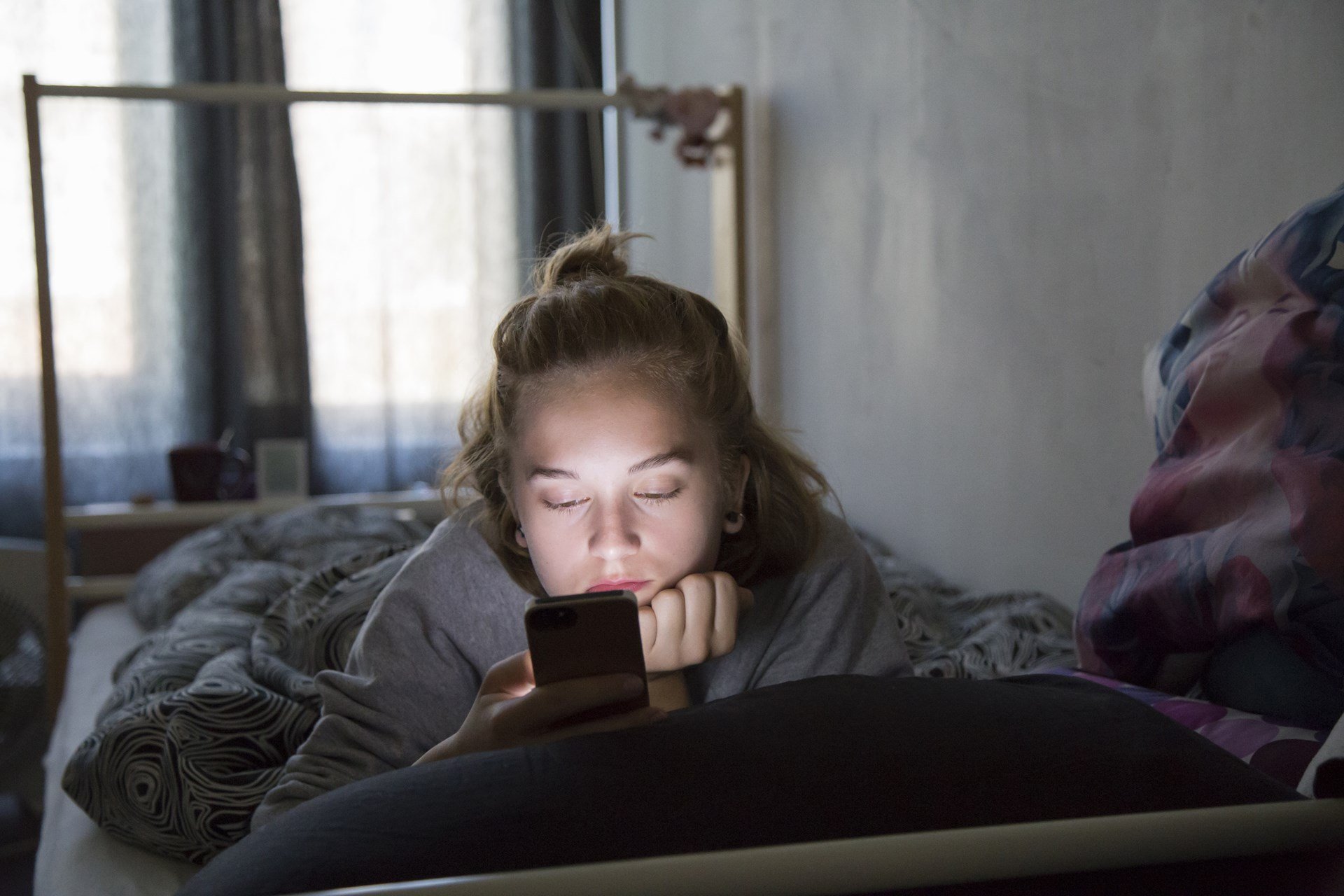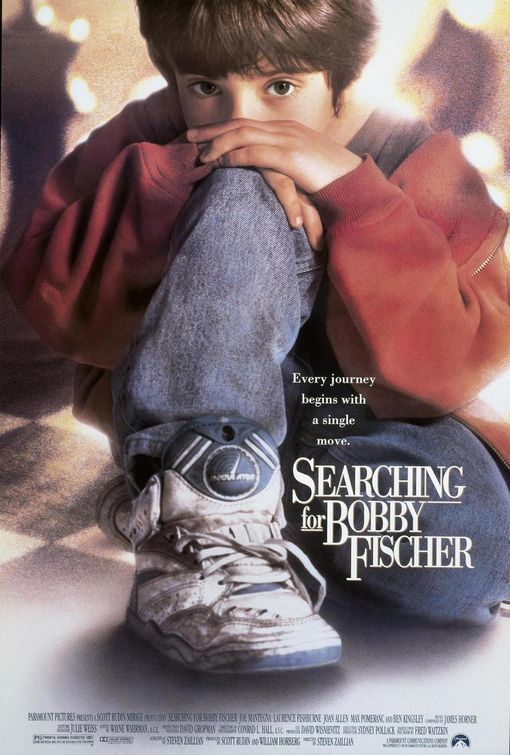Big Tech Uses Same Psychology as Casinos to Make Devices Addictive
By Movieguide® Contributor
Fox News reporter Shannon Bream chatted with pastor Darren Whitehead, author of “The Digital Fast,” on her podcast’s Feb. 18 episode, where they talked about how Big Tech targets its users and the need for digital detoxes.
“It’s like these devices have seeped their way into our lives,” the Nashville-based pastor told Bream. “You remember when you first had a smartphone, even the first iPhone, which came out in 2007, it didn’t have an App Store, it didn’t have social media… And so, with each different update and with each different evolution and version of the phone, I think these things have become more and more addictive.”
“And if you ask someone, how’s your relationship with your digital device? Almost everyone’s going to say, you know, I think I look at my phone more than I should,” he continued. “And that generally is coming at the expense of our families, our spouse, if we’re married, or even the impact on relationships.”
Bream pointed out that social media is addictive by design.
She quoted from Whitehead’s book: “Social scientists and anthropologists have observed that our fixation with digital devices has numbed us, sedated us and exhausted us, leaving us feeling lonelier and more disconnected. It has lulled us to sleep and left us not fully awake to life.”
“These social media companies, big tech, have consulted with those who created slot machines in casinos, and they’re basically using the same psychological, addictive, both algorithms and technology that get people just to continue to pull the arm on a slot machine. And it’s actually called variable ratio schedule,” the pastor explained.
Whitehead explained that, like with slot machines, the unpredictable aspect is part of what makes them addictive. You never know exactly what you might get.
He told Bream, “You’re waiting for the next thing, and you’re always asking yourself the question, is [it] the next one? Is the next one going to be the one that is fulfilling me? Or, in this case, is often giving you a hit of dopamine.”
“The technology is sophisticated that it is designed particularly for the things that you are most likely to be addicted to, the things that you are interested in,” he said. “And then it curates your own feed of things that are most likely to get you stuck, just continuing to refresh over and over again. And so, yeah, these things are very addictive. And there’s a lot of research that is proving that now.”
Bream noticed that instead of a healthy distraction, like “going for a run,” people turn to their devices, making them feel worse than they did before.
“Anytime we have an unpleasant feeling, so you feel ashamed or you feel anxious or you’re worried about something that is coming up, it is very easy just to mindlessly grab your device,” Whitehead said. “And most of us always have them on us. And without even consciously making a decision, just opening up your phone and looking at things that are going to distract you from how you’re feeling.”
“And generally, what happens is we have less awareness of how we’re actually doing because we’re covering this over with content that is just almost like visual candy or fast food,” he continued.” It satisfies for a moment, it appeases for a moment. It chases that negative feeling away. But then afterward, you sort of feel a sense of shame. It’s almost, instead of relief, it brings regret.”
Whitehead suggests digital fasts to get away from the pull of devices.
Movieguide® previously reported how a digital fast can positively affect mental health:
According to Study Finds, a social media detox “reduced anxiety and depression.” The source shares, “Many experts suggest the rise in anxiety, especially in kids, is due to social media. We are constantly comparing ourselves to our friends, and if a post doesn’t get a certain number of likes or comments, we feel defeated.”
…Ironically, limiting social media can also provide “stronger social connections.” Healthier Steps says, “When you meet someone in person, you can pick up on nonverbal cues that you can’t get from a screen. You can see how they react to different situations and gauge their true feelings about things.”
“The first movement is to detach,” Whitehead advises. “And what I’m encouraging people to do is five things. Turn off all notifications on your phone except for phone calls and maybe text if you need that, but turn off every other notification.”
“The second thing is to let your phone sleep in another room. Don’t use it, and don’t have it by your bed. And what everyone says, ‘Well, I use it as an alarm clock,’” he said.
Whitehead’s solution? Get an alarm clock.
“The third thing is make your smartphone dumb,” he said. Now, what that [is], is thinking about the apps on your phone through the lens of distraction versus utility. All the distraction apps get them off of your phone.”
“Things like social media and email and news apps and games and web browsers and YouTube and Amazon and the things that you tend to when you pull up at the lights,” he continued. “You open your phone, and you start scrolling. You want all of those off of your phone and turn your phone into a utility device.”
The only apps he advises keeping are things like GPS, calendar, phone/text and other utility apps.
“The fourth thing is eliminate other screens. And so encouraging people to not be doing gaming for 40 days and Netflix and other television,” he said. “And then the last one is to try to keep your technology consumption to be during work hours.”
“And some people, of course, make their living from social media, or some people make their living for being on TV. Obviously, you’re going to be able to keep doing that. But we want to encourage people not to be consuming it.”
Relevant Magazine also pointed out the benefits of digital detoxes: “A 2023 study found that going on a digital detox can not only improve your mental health, it can lead to more excitement in your real life.”
Whitehead’s book, “The Digital Fast,” offers a step-by-step, 40-day journey “to mental clarity and spiritual rejuvenation.” In addition to curbing digital addiction, Whitehead helps readers strengthen their relationship with God as they read.
After Whitehead did his first detox, he discovered the beauty of digital freedom.
He described a day in particular that cemented his decision to restrict device usage: “It was just a beautiful evening. And my daughter was giggling and squealing and saying, ‘Watch me, daddy!’ And I had this conscious thought, Shannon: This is a better life. This is better than staring at a glowing screen.”
Movieguide® previously reported:
Harmony Healthcare IT just revealed that 45% of Americans say they are addicted to their phones.
“On average, Americans are glued to their phones four hours and 37 minutes every day. It’s even worse for Gen Z, who spends six hours daily on their phones,” Relevant reported about the study.
“That’s a big jump from a few years prior,” the source continued. “In 2016, the average screen time was 3 hours and 8 minutes a day.”
Questions or comments? Please write to us here.


 - Content:
- Content: 

